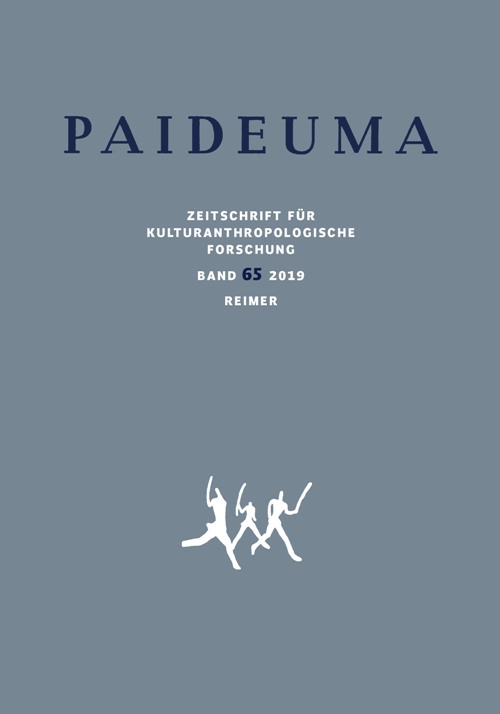Changing authority and historical contingency
An analysis of socio-political change in the colonial history of the Markham Valley (Papua New Guinea)
Abstract
As Papua New Guinea (PNG) became entangled with colonial administrations and Christian missions and new opportunities to make distinctions emerged, many older modes of social differentiation began to decline. These changes unfolded in regular patterns: missionar-ies attempted to subvert local sources of cosmological power, while government officials cooled conflicts and set up points of contact. At the same time, who was appointed village representa-tive, who became an evangelist and which conflicts came to an end were contingent on local circumstances. The particularities of these historical events would sometimes go on to influence the political economy of the impacted areas in the years to come. This paper seeks to explore this intersection of changing socio-politics and historical contingencies by tracing the colonial history of two Wampar villages in Morobe Province, PNG. By describing the biographies of two colonial-era Wampar leaders, I recount the early and mid-twentieth-century regional history of pacification, conversions to Christianity, World War II, the institution of informal village coun-cils and land disputes. I argue that these changes not only introduced new modes of authority into Wampar life but also created critical historical junctures, giving a lottery-like character to the colonial era. By tracing this history, this paper seeks to examine the role of new forms of authority and leadership in creating historical contingencies in the colonial period.
Downloads
Veröffentlicht
Ausgabe
Rubrik
Lizenz
Copyright (c) 2023 Paideuma

Dieses Werk steht unter der Lizenz Creative Commons Namensnennung - Weitergabe unter gleichen Bedingungen 4.0 International.
Dieses Werk steht unter der Lizenz Creative Commons Namensnennung - Weitergabe unter gleichen Bedingungen 4.0.






